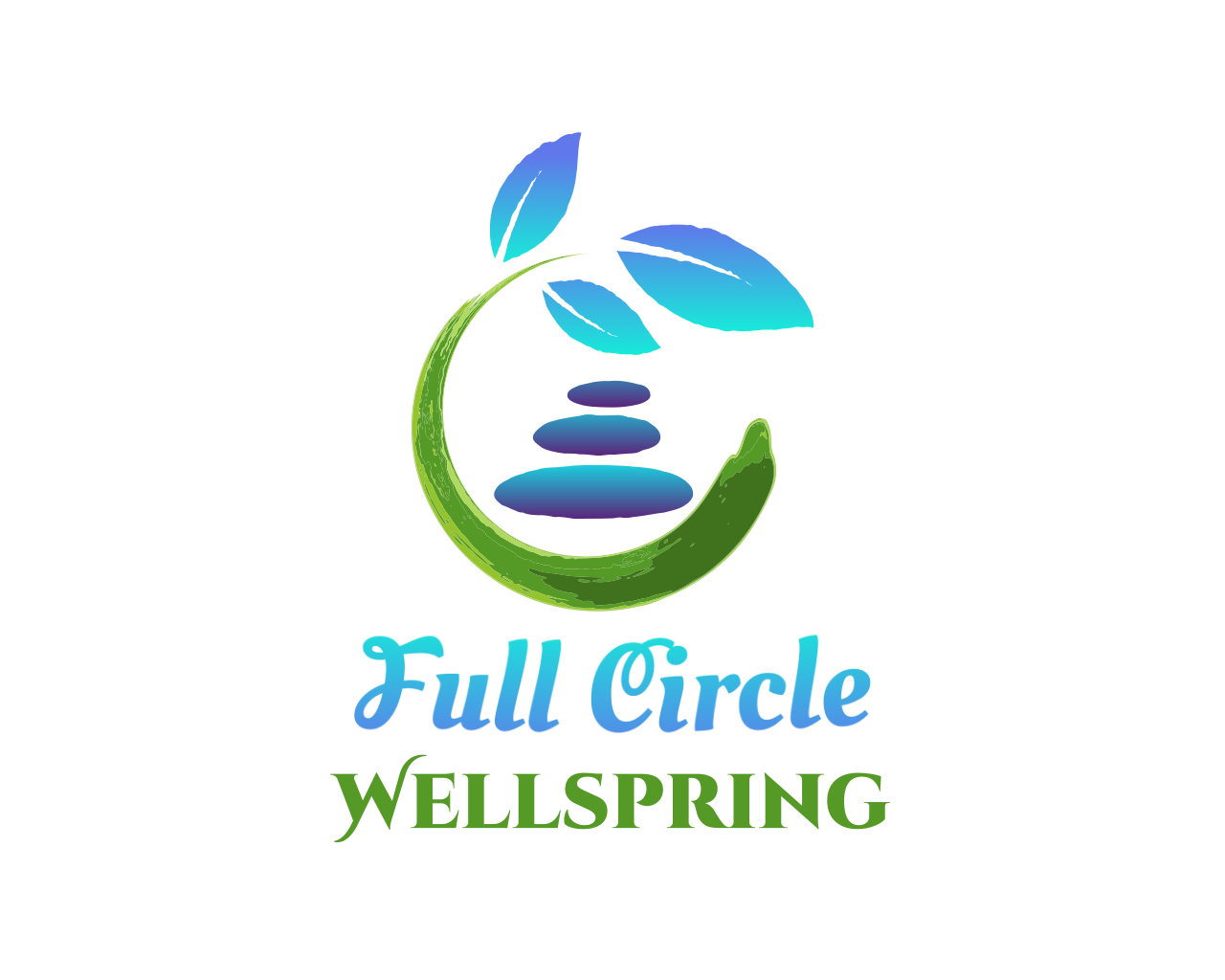Wellspring Wednesdays|Week 16: Processes
Author Note: If you prefer to listen or watch instead of or along with -
Check out the YouTube video and/or the Podcast audio.
I want to chat about the word process in all senses of the definition today. Trauma recovery starts with a lot of processing — in the sense of “sorting through” the trauma you’ve endured whether that means thinking on it, talking about it, facing your emotions about it, finding professional help to cope through what you uncover, etc. This fire-starter of processing can be a lengthy ordeal. It takes patience with yourself as you move through the truth of your abuse or trauma, but eventually you will be at a place of some sort of acceptance where real healing can begin. You can also process through your trauma — as in “refine or rectify” — not as easily as you can distill water or decontaminate hazardous areas though. In the sifting and sorting that you are already experiencing, you can find some purification. Some may call this purging — maybe a cleansing of things that remind you of your abuser, going no contact with a toxic family member, moving out of a house where your tragedy happened, or anything you need to find solace.
From there, the process — as in “a fixed series of actions leading to a result” definition — is now the trauma recovery. You are looking for a combination of events or activities that start improving and healing the aftereffects of your trauma. This is a good time for coaching to begin — when you feel in more of a growth mindset and are at the place where you are examining the traumatic disturbances and looking to find relief. The groundwork that you do here is like setting into motion a path toward recovery. You can continue to sift through the side effects that you are suffering from — not just the trauma but the coping skills you adapted to survive your trauma. This is the pivot point we talked about weeks ago where now you are ready to begin thinking about helpful resources, therapeutic interventions, support groups, and getting your mind, body, spirit realigned and reconnected.
This is where a good routine becomes the blueprint for your healing. This may mean trying medications for the psychological struggles — which can be a difficult road to travel to find the right one and the right dose. This takes time, patience, and cooperation with your medical care team. This may mean trying bodywork or energy work to destress your nervous system, or meditation to begin to slow your mind and allow a new adaptation of mindfulness to emerge. This may mean a dedication to your therapist or coach — which also can take some hit or miss chances before settling into the right one. Once there, building a bonded relationship will be paramount to explore safety in yourself and others, and to grow in trust and intimate conversation. This is also a time in the process of strategizing to find creative outlets and long-lost passions to move you from trauma identity back to your authentic self.
After you’ve developed the system, you are in the process — as in “forward movement” — which is the progression phase. This is where the headway you made begins to reap benefits of healthy life functioning, a solid mind, body, spirit connection, peace, good relationships, improved sleep and physical health, replacing trauma lies with beautiful new affirmations, and supplanting harmful coping mechanisms with new, safe ones.
This of course is all under the umbrella of one, big, years-long process. The healing work is the healing, remember. The recovery road is the recovery. You may never find an end to it, to be honest. Some professionals say there is no truly “healed” trauma survivor, but along the way, the journey becomes more sustainable, more productive, more healthy, and more enjoyable as you grow and do the work. Remember that it’s not a linear road, and sometimes the process has detours and cul-de-sacs. Keep your head forward though, so you can also be proceeding onward.

